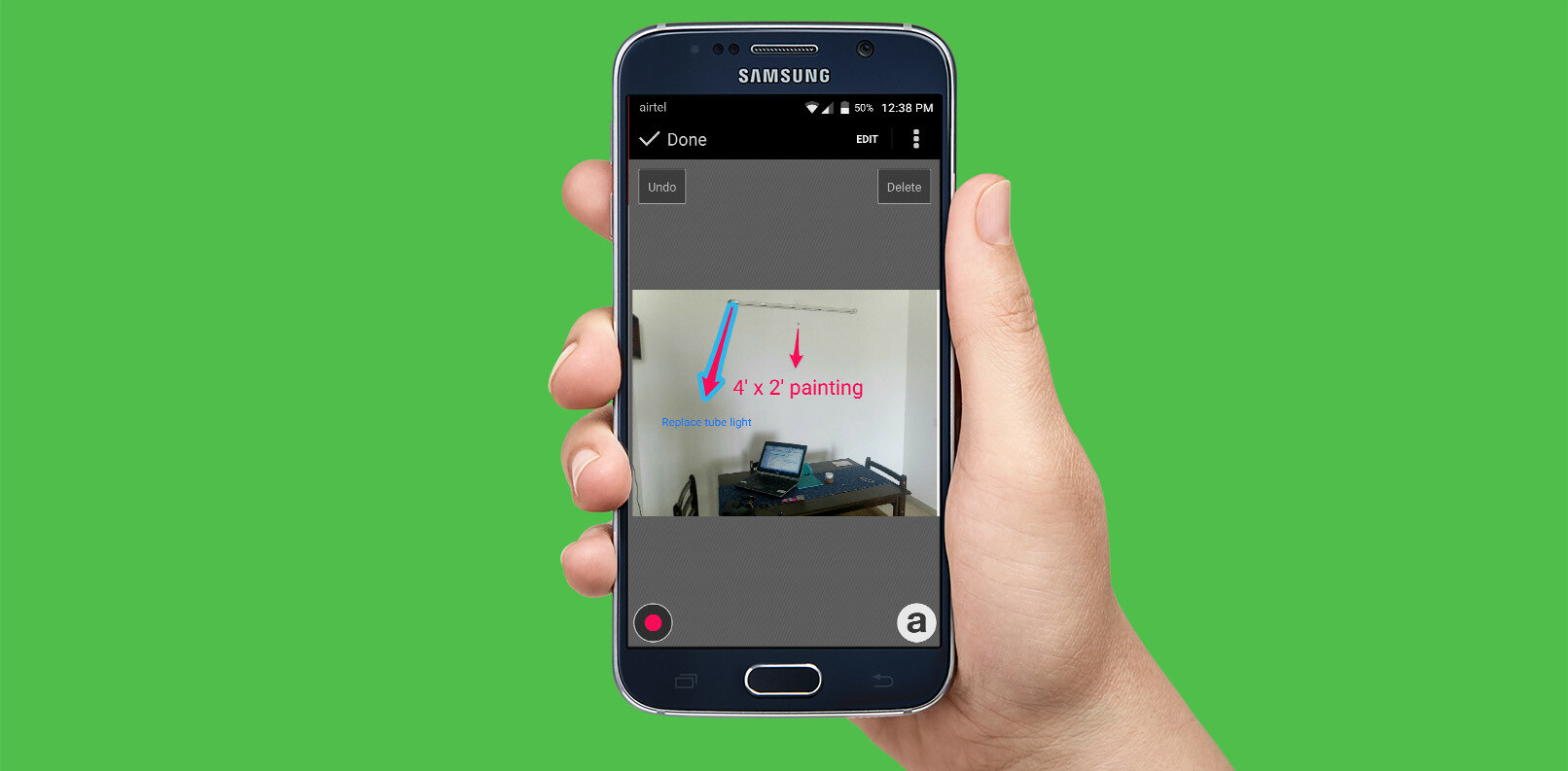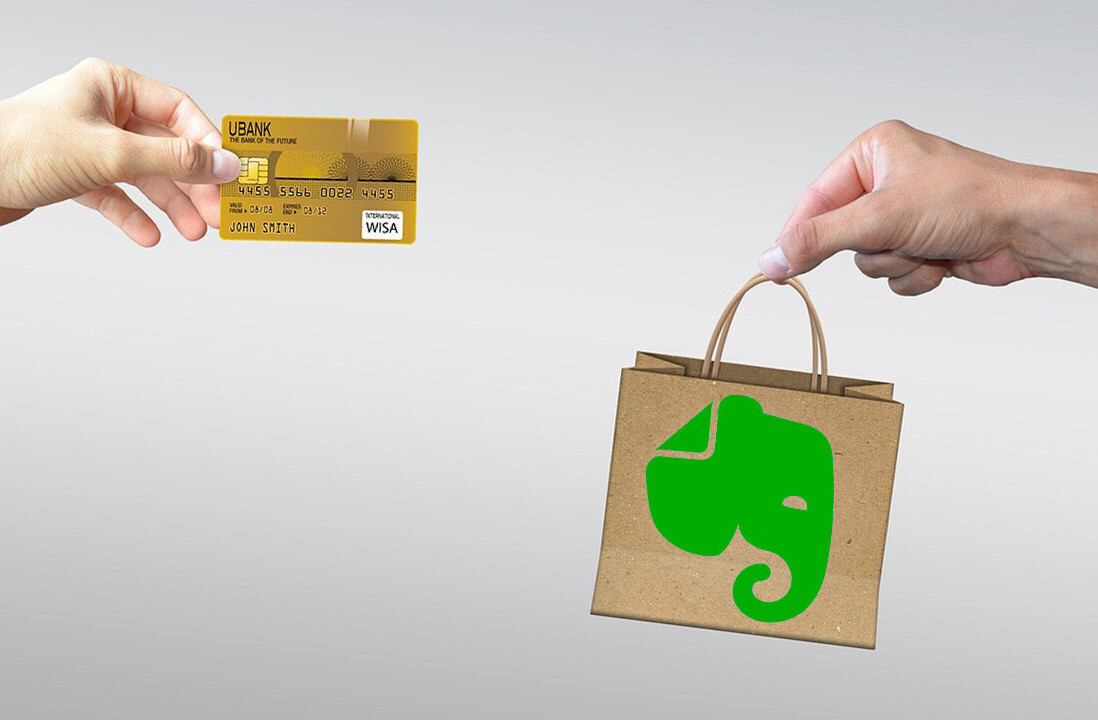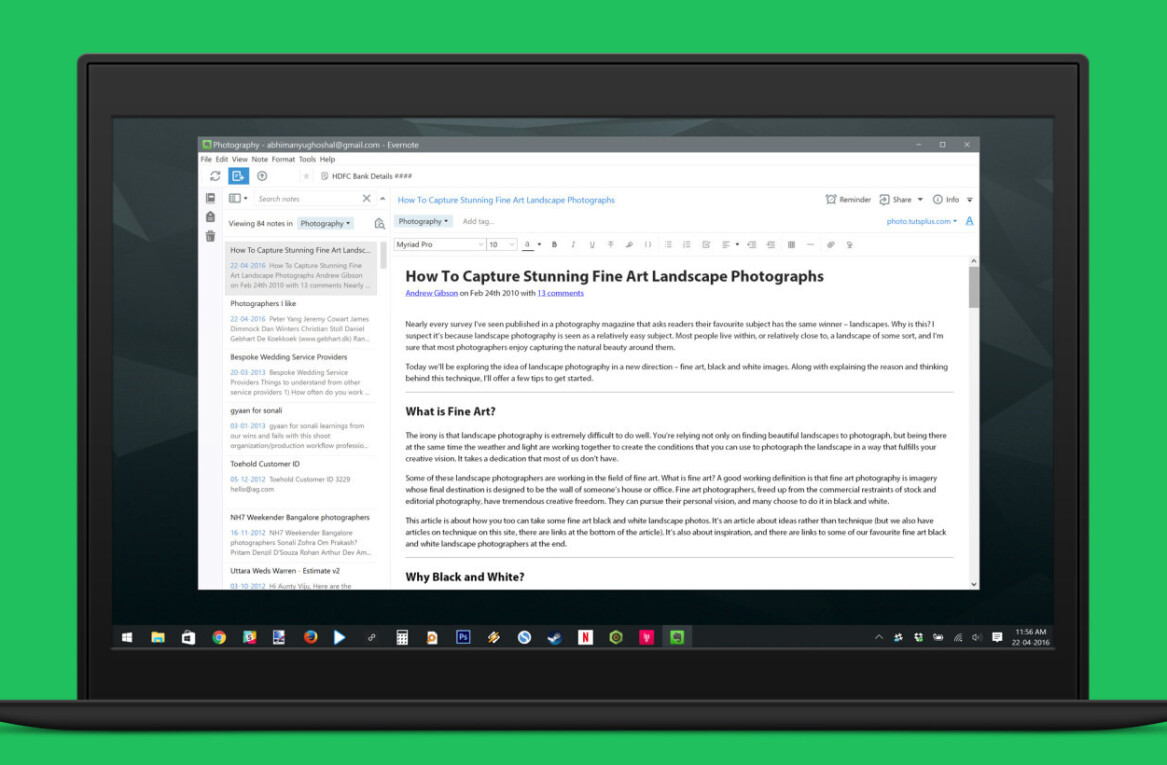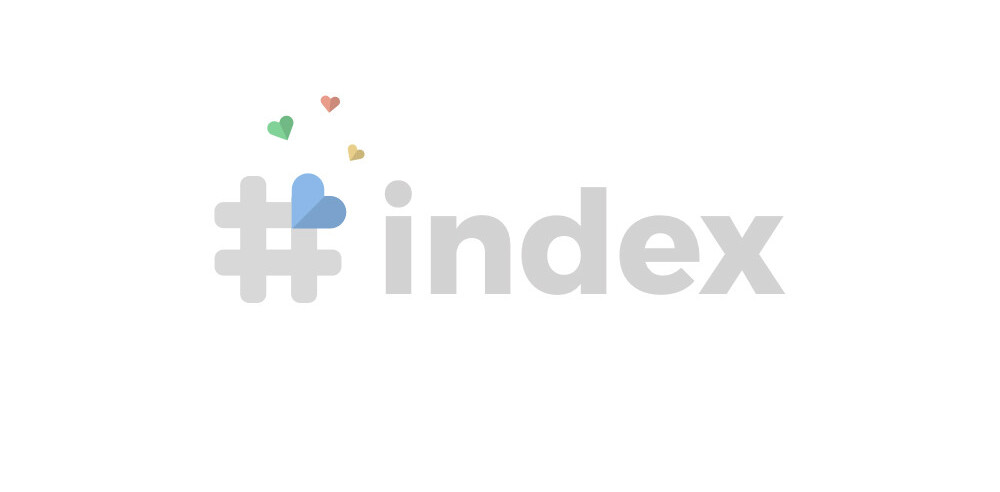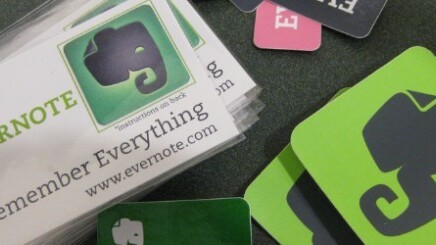
Evernote Clearly, a browser extension which makes webpages much cleaner and easier to read, has just been updated. The most significant new feature, Related Notes, offers a user’s previously saved content to help them “rediscover” their ideas about any of the content contained within the page.
Clearly went live in November last year, and is trying to slowly muscle in on a space which is already being contested by the likes of Readability, Instapaper and Pocket. For months I’ve asked myself why Evernote has chosen to experiment with a read-later browser extension. The company’s original application is a runaway success, and simply keeping up with Clearly’s rivals (who are dedicated to the concept) must absorb a lot of time and resources.
Related Notes, however, suddenly gives Clearly a much, dare I say it, clearer and more significant purpose. The feature is a crucial link to the core Evernote experience, making my job as a writer suddenly much, much easier.

Let’s say I’m reading through a piece of government legislature. It’s been a while since the policy has come up, and I’m unsure how the finer points have changed, as well as what the consensus was before from the public. By clicking the Clearly icon, it not only makes it much easier to digest what is normally a very dry and uninspiring piece of copy – it brings up all of my notes on the topic automatically.
As a writer I log not only the research and ideas for all of my articles in Evernote, but also the transcripts and various versions of my stories. It’s a little obsessive, I admit, but it means I have access to all of my notes wherever I go. So now as I read the government document, with a single click I can refer back to these old materials and easily bring myself back up to speed. For investigative journalism in particular, it’s a fantastic way of seamlessly moving through research and not being distracted by anything else occurring on the desktop.
Just like its competitors, Clearly will also save the webpage you’re reading as a note, giving you instant access to it at a later date. This idea is at the core of all ‘read-later‘ applications, but it’s significant because it allows me to instantly file it with the rest of my materials on Evernote, rather than with a completely separate service such as Pocket. It also means I can continue reading the legislature as I travel – incredibly useful if I am emailed a webpage and then expected to report on it in the field moments later.
I imagine that being able to refer between webpages and a cloud-based notebook will also benefit other professions and hobbyists. Although I’m not much of a chef, I can see a scenario where a user may read a recipe online and then compare it with their own for improvements or discrepancies. Particularly useful if, say, you’re about to leave the house to pick up some ingredients for dinner, as you can then save the webpage to Evernote and refer between recipes while you’re on your way to the store.
Pocket and Instapaper will continue to dominate the market because they are, in my opinion, a superior way of consuming the web for leisure. But for work, Evernote Clearly has suddenly linked together a crucial part of my workflow as a writer. That’s exciting, especially as I can then share entire notebooks – including the document mentioned earlier, complete with highlights and associated notes – to colleagues or friends.
If you’re not using the core Evernote service on a regular basis, Clearly is probably not for you. For enthusiasts or power users though, it’s a pretty impressive step in the management and recollection of their daily thoughts.
➤ Clearly
Get the TNW newsletter
Get the most important tech news in your inbox each week.
